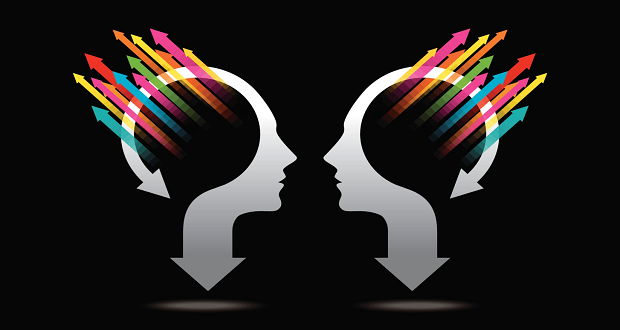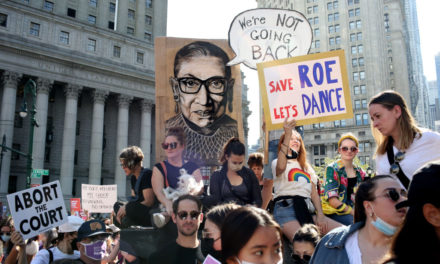
One of our country’s leading cultural thinkers and one of my personal intellectual heroes is Cornel West. One of my favorite lines from Cornel is when he talks about the importance of courage, quoting William B. Yeats who said,
it takes more courage to examine the dark corners of your own soul than it does for a soldier to fight on the battlefield.
This seems counter intuitive though doesn’t it? We’re used to seeing the rare acts of courage from war heroes, police officers and pilots paraded over every public media outlet as examples for us to follow. Rarely do we give notice to the daily acts of courage we make when we confess our weaknesses, confess our limitations, and ask others for help. But I agree with Cornel and Yeats, that the courage to look into one’s own heart and mind is equally heroic.
It has been said that cultural competence is now one of the new vital skills for workers of the rapidly approaching future. If this is true, and I think it is, what are the ingredients that make someone culturally competent? Among many other things, I think that the quality of introspectiveness is high on the list.
The importance of introspection has struck me as particularly vital in my recent work with clients using the Implicit Association Test (IAT) and the Intercultural Developmental Inventory® (IDI®). Both tools are useful in helping organizations and individuals grow in cultural competence; the former with unconscious bias and the latter with measuring one’s current level of cross cultural competence.
Each tool requires individuals to have a high level of courage to face the reality that we are all on a continuum of growth, harbor hidden biases, and are usually not nearly as culturally competent as we think. This is not easy work, both as a participant and administrator; especially in a culture that largely downplays weakness and admission of weakness.
It’s clearer to me now more then ever that growth in cultural competence requires the hard work of introspection; which requires courage. I have a new appreciation for Cornel’s consistent insistence on courage and see direct implications for the work of inclusion. As we strive towards growth in cultural competence, on ourselves and with others, we should highlight the courageous, even heroic, nature of diversity and inclusion work. Especially when we ask people to look at themselves honestly for biases, misperceptions and areas for growth.


















